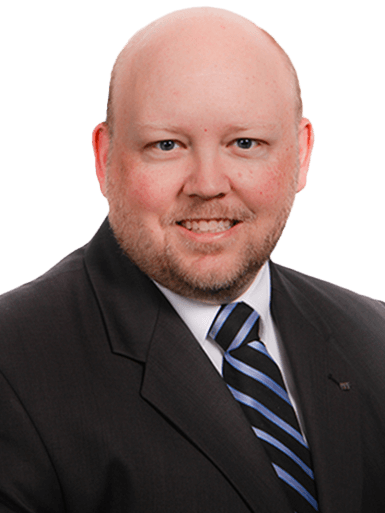AAFCPAs Outlines State Applicability, IRS Guidance Related to TCJA that Nonprofits Need to Know
AAFCPAs would like to make Tax Exempt Organizations aware of state by state applicability and recent IRS guidance on the Tax Cuts and Jobs Act, known officially as H.R. 1, (the “TCJA”) and how it pertains to charitable nonprofits. AAFCPAs has outlined the following applicability and guidance that are especially noteworthy:
State by state applicability of TCJA changes to nonprofits
As outlined in an earlier post, the TCJA enacted widespread changes to the tax rules affecting charitable nonprofits. Several of these TCJA changes, including the new unrelated business “Siloing” rules under Section 512(a)(6), and taxability of fringe benefits under 512(a)(7) may also apply to state tax filings as well. States that conform to federal tax code changes on a rolling basis adopt these changes as soon they are made law unless these states enact specific language decoupling from a specific provision of the TCJA. Massachusetts is one of close to 20 states that conforms to federal corporate income tax changes on a rolling basis and therefore these changes will be in effect for the tax year 2018. Several states that would typically conform to federal tax changes as they occur have specifically decoupled from certain provisions of the TCJA whereas other states have not adopted the TCJA at all.
IRS Notice 2018-67 provides updates on Section 512(a)(6) for how to separate unrelated lines of businesses and how to treat pre and post 2018 losses
Currently, there is no general statutory or regulatory definition that separates trades or businesses for the purposes of Siloing unrelated lines of businesses under 512(a)(6). The Treasury Department in Notice 2018-67 is requesting comments on this issue, but is currently considering separating lines of unrelated trades or businesses by their NAICS code.
In Section 512(a)(6) of the TCJA, losses from one unrelated trade or business cannot be used to offset income from a separate unrelated trade or business. However, under IRS Notice 2018-67, an organization will be allowed to take, as a deduction from total unrelated business tax, any pre-2018 net operating loss deduction without being restricted by the Siloing requirements of Section 512(a)(6). A tax exempt organization will be allowed to have separate pre-2018 losses and post-2018 losses.
Disallowed fringe benefits now treated as Unrelated Business Taxable Income are not subject to the Siloing rules of Section 512(a)(6)
Starting in the tax year 2018, under Section 512(a)(7) of the TCJA, Unrelated Business Income will now be increased by the nondeductible amount of fringe benefit expenses incurred by a Tax Exempt Organization. Unlike other paragraphs of § 512, § 512(a)(7) of the TCJA does not treat these amounts as an item of gross income derived from an unrelated trade or business. As such, these amounts are not subject to the Siloing rules under Section 512(a)(6) mentioned above.
General business credits, such as the new Section 45S Employer Credit for Paid Family and Medical Leave may be used to offset taxes paid on providing these nondeductible fringe benefits. However, under IRS Notice 2018-67, it is not clear whether pre-2018 net operating losses may be used to offset tax paid on these disallowed transportation fringe benefits. More guidelines will be required before a determinative decision can be made on this.
The Tax Cuts and Jobs Act represents a dramatic overhaul of the U.S. tax code and substantial guidance continues to be released by the IRS on the mechanics and rules around how these changes will be applied.
AAFCPAs advises our nonprofit clients to be aware of the provisions of the TCJA and how they may impact your operations. The tax practice of AAFCPAs will continue to monitor the legislative process and keep you informed as significant changes occur or provisions become clarified. If you have any questions please contact Christopher Consoletti, Esq. at 774.512.4180, cconsoletti@nullaafcpa.com; Josh England, Esq., LLM at 774.512.4109, jengland@nullaafcpa.com; or your AAFCPAs Partner.


